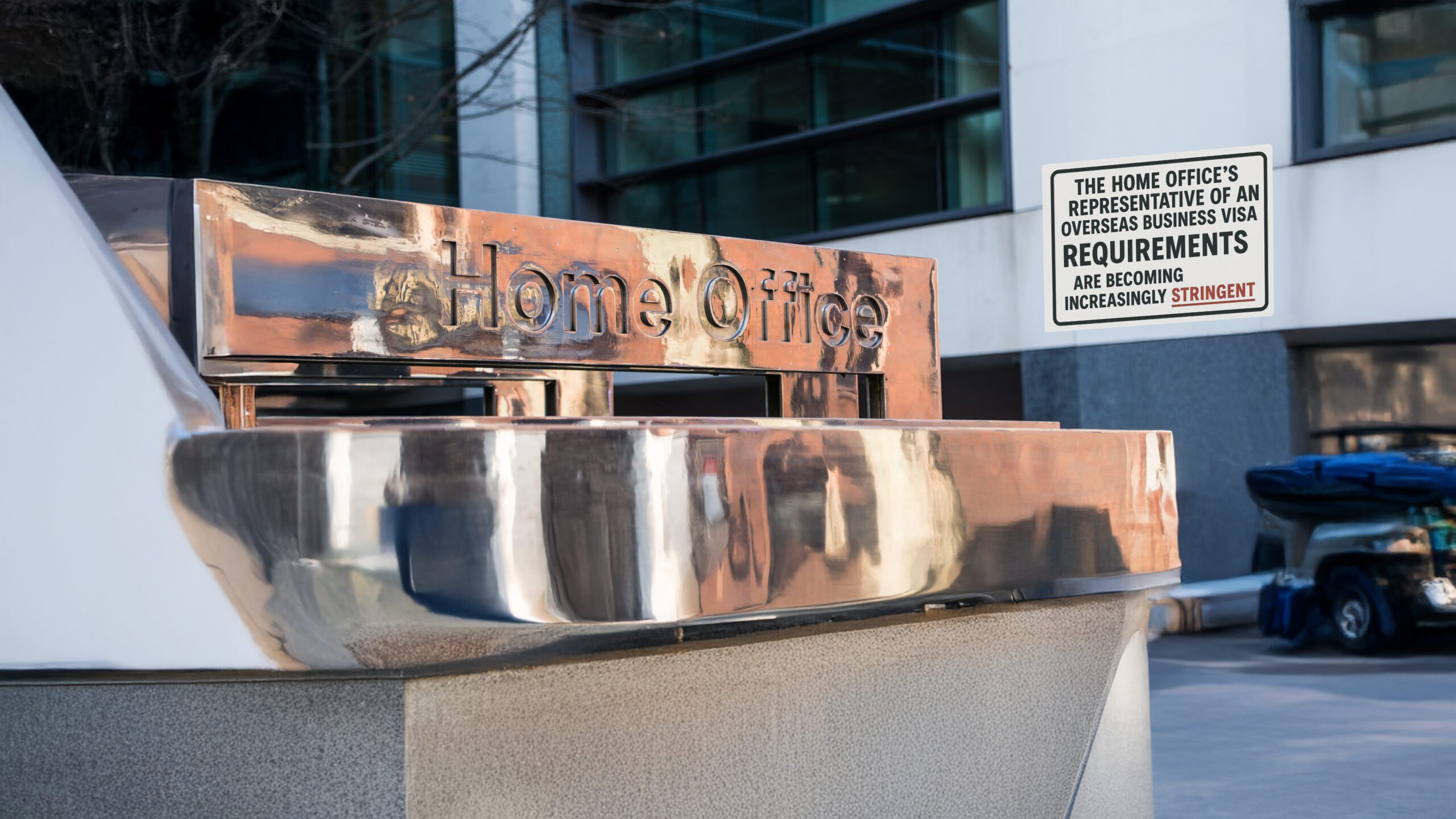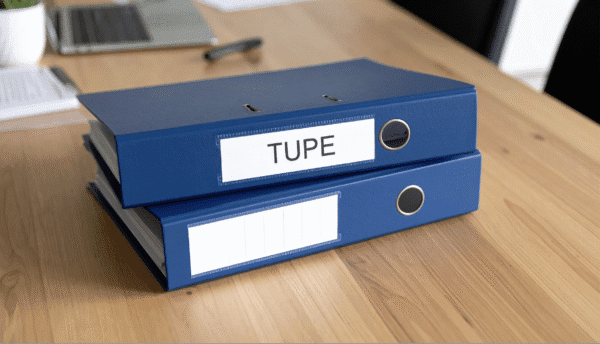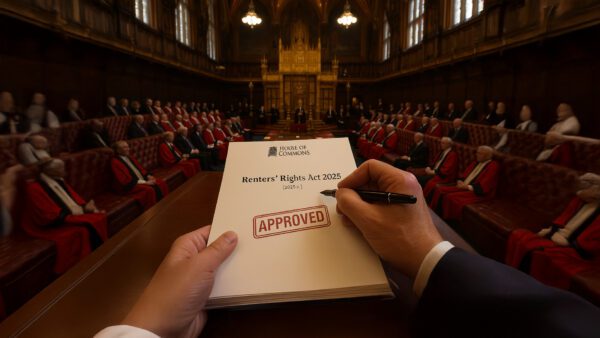The representative of an Overseas Business visa has long been an essential route for overseas businesses looking to establish a presence in the UK. However, with the route now closed to new applicants, those seeking extensions or settlement under this category are facing an increasingly strict scrutiny process from the Home Office.
Immigration practitioners, myself included, have observed a notable shift in the level of detail being demanded from applicants. Many are being called for interviews, and refusals are becoming more common. The Home Office’s approach suggests that they are keen to ensure that only genuine representatives of overseas business continue to benefit from this route. Consequently, they are requesting extensive documentation, much of which is neither explicitly listed in the Immigration Rules nor mentioned in official guidance. This applies regardless of whether you are applying for an extension or settlement.
The Expanding List of Documentation Requests
Beyond the standard supporting evidence, the Home Office is now demanding a wide range of additional business and financial records, often requiring significant time to compile. The Home Office places significant emphasis on assessing whether the UK branch or subsidiary maintains active contracts and a client base within the UK, demonstrating its continued commercial viability and relevance in the market.
Commonly requested documents include:
- Detailed descriptions of business activities, contracts, and invoices from UK clients.
- Proof of financial transactions, financial statements, invoices, and VAT returns.
- Proof of business premises, including tenancy agreements and photographs.
- Employment records for UK-based staff, including job descriptions, contracts, payslips, PAYE and RTI reports.
- A full breakdown of the applicant’s role, detailing day-to-day duties and responsibilities in the UK.
- Advertising and promotional materials, such as website content and marketing documents, and public-facing communications.
- Overseas business documents, including Memorandum of Association, Articles of Association, shareholding details, and proof of active trading.
This is by no means an exhaustive list, but it highlights the extent to which applicants must now be prepared to substantiate their role and the legitimacy of the UK business.
Home Office Deadlines and the Importance of Preparation
The Home Office typically provides 10 working days to supply additional documentation once requested. However, it is possible to request an extension if more time is needed. That said, it is always advisable to be fully prepared in advance to avoid rushing and potentially overlooking critical details.
The last thing you want is to be pushed into an interview stage due to incomplete or unclear documentation. These interviews can be tricky and exhausting, often leading to further scrutiny or complications that could impact your application outcome. Avoiding an interview wherever possible should be a key objective, and thorough preparation is the best way to achieve this.
Why Is the Home Office Taking a Harder Stance?
The increased level of scrutiny appears to stem from a desire to tighten compliance and prevent misuse of the visa system. As the route is now closed to new applicants, the Home Office likely views extensions and settlement applications as an opportunity to reassess whether those already in the UK still meet the eligibility criteria.
Unfortunately, some applicants are unprepared for the depth of investigation that now accompanies an extension or settlement applications. Even legitimate businesses with genuine UK operations can face difficulties if their documentation does not fully align with what the Home Office expects to see.
Seek Professional Legal Guidance
Given the complexity and unpredictability of these document requests, seeking expert legal assistance is more crucial than ever. A well-prepared application, supported by the right evidence, significantly reduces the risk of delays, interviews, or refusals.
As an immigration lawyer, I have successfully guided numerous clients through this challenging process, ensuring they provide the necessary documentation while avoiding unnecessary pitfalls. My advice to any Sole Representative visa holder is simple: do not take your extension or settlement application lightly. Even if your business is fully compliant, failing to anticipate the Home Office’s demands can put your immigration status at risk.
If you are preparing to extend your visa or apply for settlement, now is the time to get expert advice. The stakes are high, and the margin for error is smaller than ever. Reach out to ensure that your case is presented in the strongest possible light, before the Home Office puts your business under the microscope.









